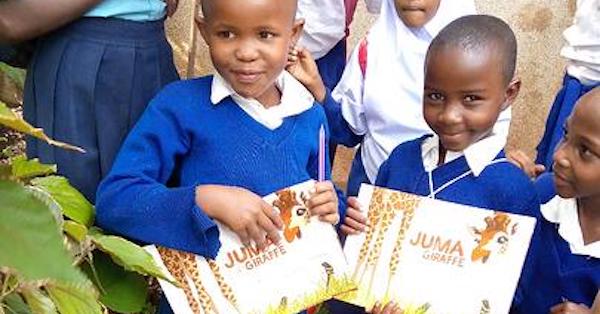Into the Wild: Greater Good Charities’ Upcoming Global Discovery Expedition to vietnam
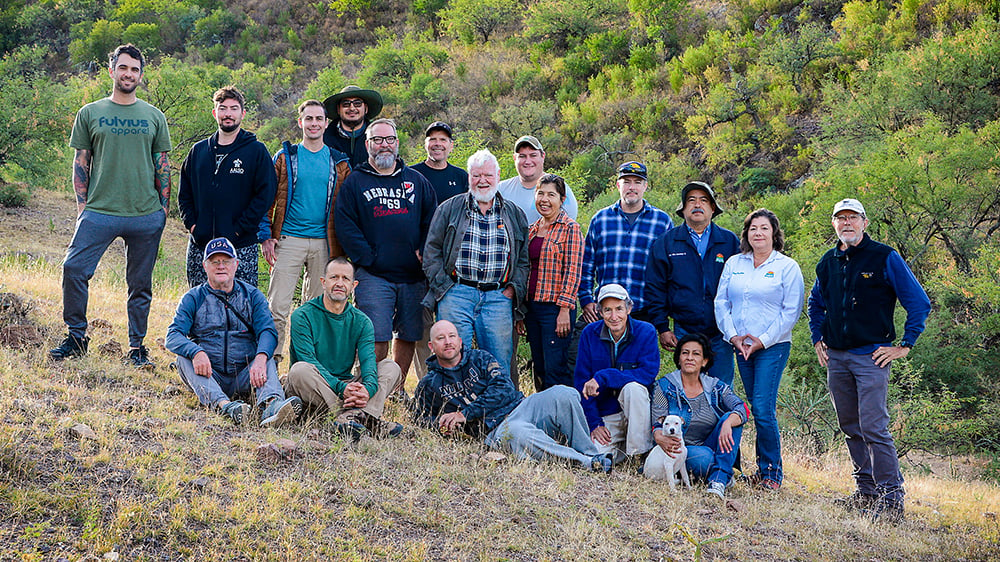 Photo © Greater Good Charities
Photo © Greater Good Charities
Greater Good Charities is once again deploying its Global Discovery Expeditions team to Vietnam to perform critical field surveys. From March 14 to 24, we will be on the ground in the Dong Son-Ky Thuong Nature Reserve in Quảng Ninh, Vietnam.
According to the Biodiversity Finance Initiative of the United Nations, Vietnam is ranked 16th among the Earth’s most biodiverse countries. Over 10,000 terrestrial animals have been recorded there, with 74 reptile species listed as threatened with extinction.
Greater Good Charities is partnering with Wildlife at Risk and the Institute of Ecology and Biological Resources in Vietnam to survey the nature reserve, build our collective knowledge of this special place, and document any ecological shifts from previous data collections.
The ground team will include scientists from Vietnam and the United States who specialize in malacology (snails), herpetology (reptiles and amphibians), and mammalogy (mammals). It will also include photographers to document our work and findings. Along with these specialists, students will join the team to gain valuable field experience.
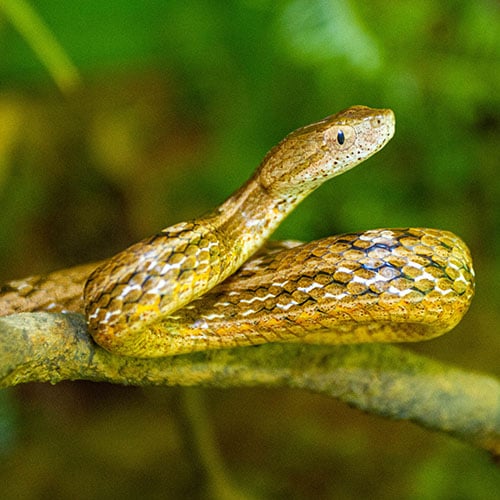 Photo © Greater Good Charities |
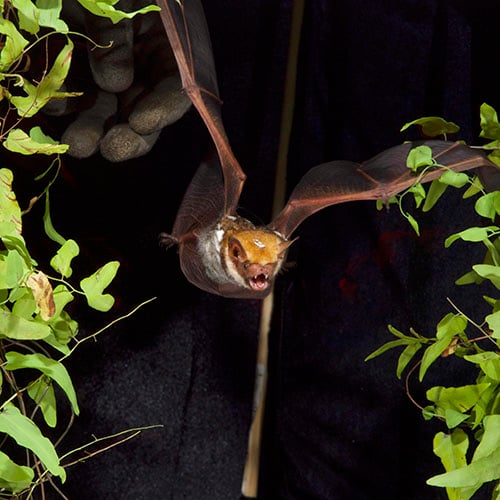 Photo © Greater Good Charities |
About Global Discovery Expeditions
As a sneak peek, Casey Paholski, Greater Good Charities’ Senior Program Manager for Global Discovery Expeditions, answered some questions before taking off for Vietnam.
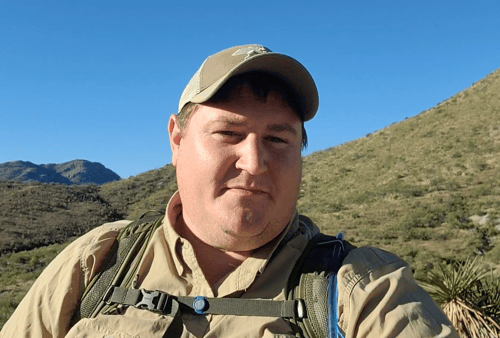 Photo © Greater Good Charities
Photo © Greater Good Charities
The world is full of undocumented and endangered species. Explain our focus on Vietnam.
We’re focusing on Vietnam because of its vast biodiversity. We’re also lucky to have a volunteer with 20 years of experience working there to help us explore the unexplored. It exemplifies how critical volunteers are to Greater Good Charities as we help conserve ecosystems worldwide.
Our partner, Wildlife at Risk, is an organization we work with to assist with pangolin conservation and rehabilitation. They’re a non-profit organization based in Ho Chi Minh City and active throughout the southern provinces of Vietnam. Their vision is a rich biodiversity where humans live harmoniously with nature and wildlife. We’re also supporting their work to safeguard Vietnam’s small-clawed otters.
What are you most excited to document on this expedition?
Honestly, I’m excited to document anything we find as it’s all new to me – and most likely to most of the world. I think we should all get out and thoughtfully explore the amazing ecosystems and wildlife our planet offers. It’s exhilarating.
How do you prepare for an expedition like this?
We conduct detailed research to determine what species are known to be found in any given location, all while expecting to discover something new on the ground. Then, we source pictures about each species so we can recognize them. This includes looking at topographical maps to familiarize us with the terrain and any obstacles we can pre-identify and anticipate. Another critical preparation step is a thorough gear assessment to ensure everything is in good condition and we have what we need for the weather we’ll be operating in. We also plan for quick fixes in case something breaks in the field.
What equipment do you bring on an expedition?
Camping essentials like tents, sleeping bags, and sleeping pads. These trips take us to remote areas where we make do with what we have. Camera gear with tons of extra batteries and memory cards are essential. You can’t plug in out there. And then there’s the field gear like snake bags, snake hooks, field guides, notebooks, flashlights, and headlights.
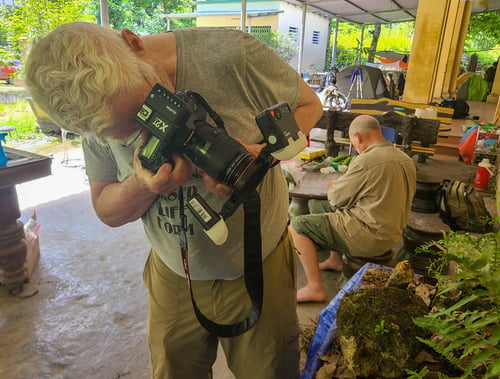 Photo © Greater Good Charities
Photo © Greater Good Charities
What does a day in the life of an expedition look like?
First, there is a tent-side team breakfast featuring whatever food we find once arriving on location. Then, we review all animals captured from our extensive night surveys, which we put in place immediately. We prepare our observation areas for day and night. And then we get our shoes dirty to put everything in place.
Where do findings from these expeditions go, and how do they inform conservation efforts?
Our work influences worldwide conservation efforts because we find new locations with undiscovered species. These findings go to the Institute of Ecology and Biological Resources, where they are shared with leaders in the field.
What’s the most exciting thing you’ve experienced on an expedition?
On a previous Vietnam expedition, while we were doing a night survey, we were walking a riverbed in the rain. There, we found a critically endangered box turtle. Moments like that are unexpected, unimaginable, and incredibly rewarding. And that’s why we do this work at Greater Good Charities.
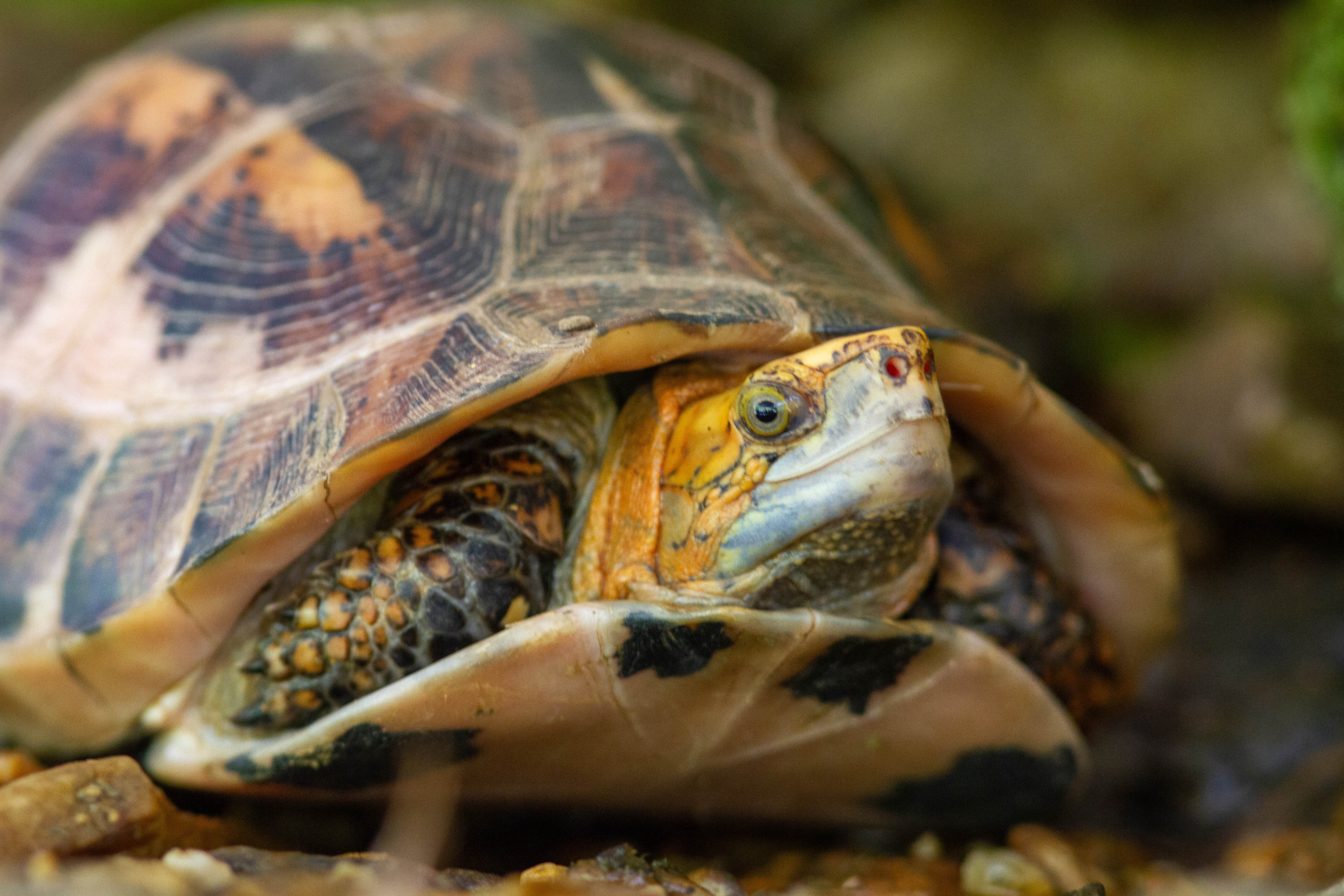 Photo © Greater Good Charities
Photo © Greater Good Charities
Help Fund an Expedition
Expeditions like this are challenging. They require extensive planning, travel to remote locations, and innovative documentation technology. And that is why we are asking for your support.
If you’re inspired by initiatives like this to study and document the world, please consider a donation to support Greater Good Charities. The more we know, the more we can save.

